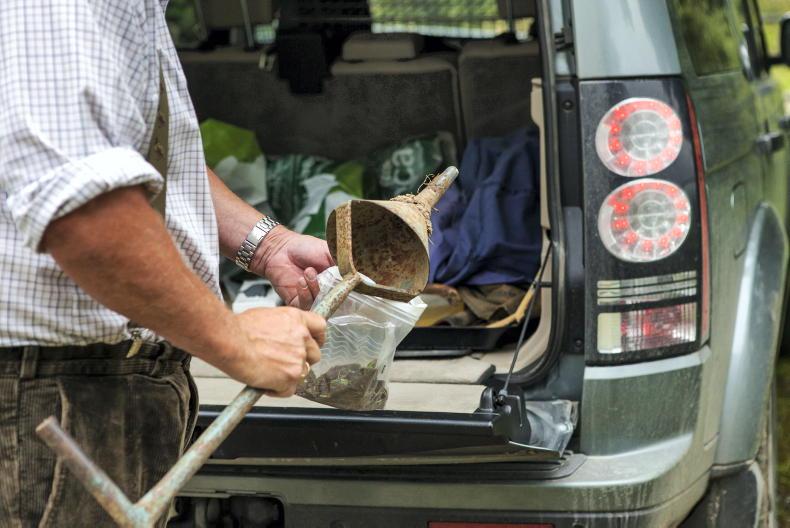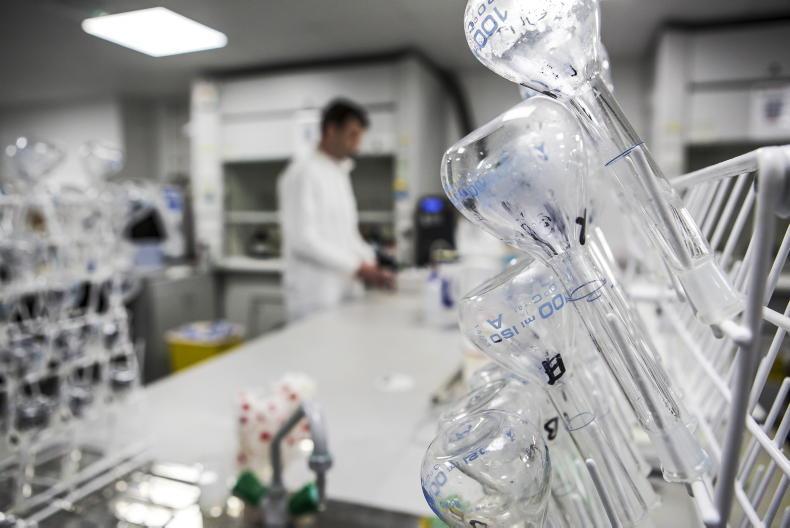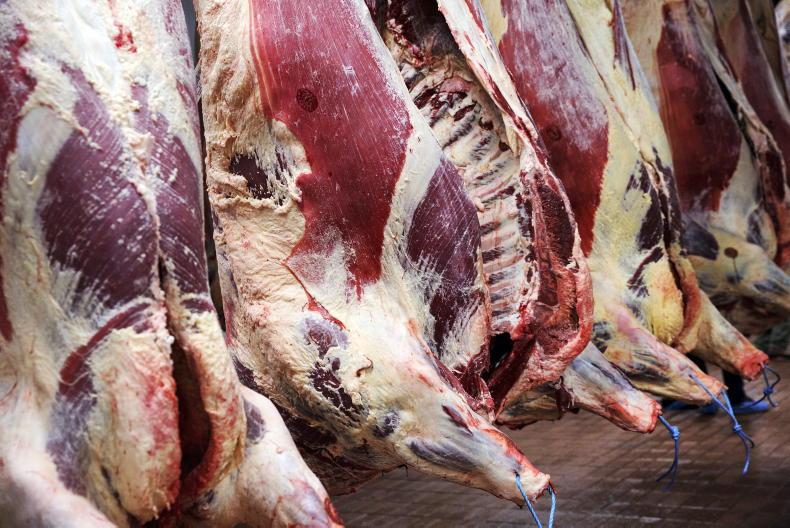New environmental targets for NI, which include greenhouse gas emissions, could be coming down the track. A Climate Change Act for NI was included in the New Decade, New Approach deal in January and the NI Assembly recently passed a motion declaring a climate emergency.
There is nervousness about the issue in farming circles, mainly because it could lead to more red tape, limits on agricultural production, or even reduced livestock numbers.
It does not have to be that way. A well-thought-out, science-based climate policy for NI could be world-leading, but it needs to include three key things which most governments have failed to recognise.
Firstly, grassland captures carbon from the atmosphere and stores it in soils. A long-running experiment at AFBI Hillsborough has validated this, with the researchers estimating that NI grassland captures 1.2m tonnes of carbon dioxide annually.
To his credit, DAERA Minister Edwin Poots appears to recognise this, and he at least has grasped the concept that much of what happens in agriculture is actually circular – grass takes in carbon, cows eat grass, etc.
Secondly, a NI climate policy needs to acknowledge the short atmospheric lifespan of methane. Greenhouse gas accounting systems and targets which are based on the GWP* formula will do this. As reported this week, the current system is grossly overstating the NI cattle herd’s contribution to global warming.
Finally, a Climate Change Act should incentivise environmentally efficient food production and should not be based solely on reducing emissions at the NI level. On page 17, Colm McCarthy explains how national emission limits are not effective at addressing rising global temperatures.
Policymakers should recognise that food produced on NI farms is more sustainable than imports from deforested areas of South America or feedlots in the USA.
We cannot cut production in NI, only for the UK to buy food with a much higher carbon footprint from elsewhere. Global warming is a global problem, as the name suggests.
Read more
Small cuts to methane can have big climate impact
UK farming causes global cooling, claims scientist
New environmental targets for NI, which include greenhouse gas emissions, could be coming down the track. A Climate Change Act for NI was included in the New Decade, New Approach deal in January and the NI Assembly recently passed a motion declaring a climate emergency.
There is nervousness about the issue in farming circles, mainly because it could lead to more red tape, limits on agricultural production, or even reduced livestock numbers.
It does not have to be that way. A well-thought-out, science-based climate policy for NI could be world-leading, but it needs to include three key things which most governments have failed to recognise.
Firstly, grassland captures carbon from the atmosphere and stores it in soils. A long-running experiment at AFBI Hillsborough has validated this, with the researchers estimating that NI grassland captures 1.2m tonnes of carbon dioxide annually.
To his credit, DAERA Minister Edwin Poots appears to recognise this, and he at least has grasped the concept that much of what happens in agriculture is actually circular – grass takes in carbon, cows eat grass, etc.
Secondly, a NI climate policy needs to acknowledge the short atmospheric lifespan of methane. Greenhouse gas accounting systems and targets which are based on the GWP* formula will do this. As reported this week, the current system is grossly overstating the NI cattle herd’s contribution to global warming.
Finally, a Climate Change Act should incentivise environmentally efficient food production and should not be based solely on reducing emissions at the NI level. On page 17, Colm McCarthy explains how national emission limits are not effective at addressing rising global temperatures.
Policymakers should recognise that food produced on NI farms is more sustainable than imports from deforested areas of South America or feedlots in the USA.
We cannot cut production in NI, only for the UK to buy food with a much higher carbon footprint from elsewhere. Global warming is a global problem, as the name suggests.
Read more
Small cuts to methane can have big climate impact
UK farming causes global cooling, claims scientist








SHARING OPTIONS